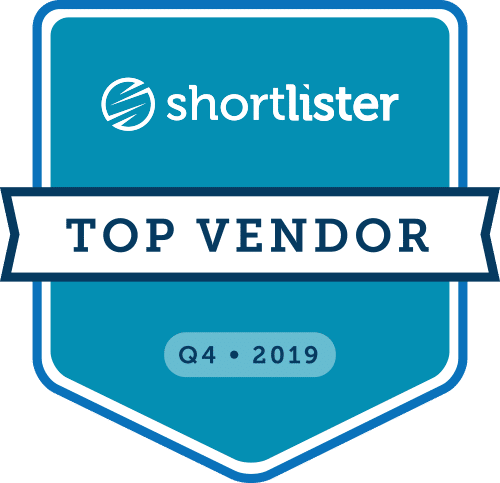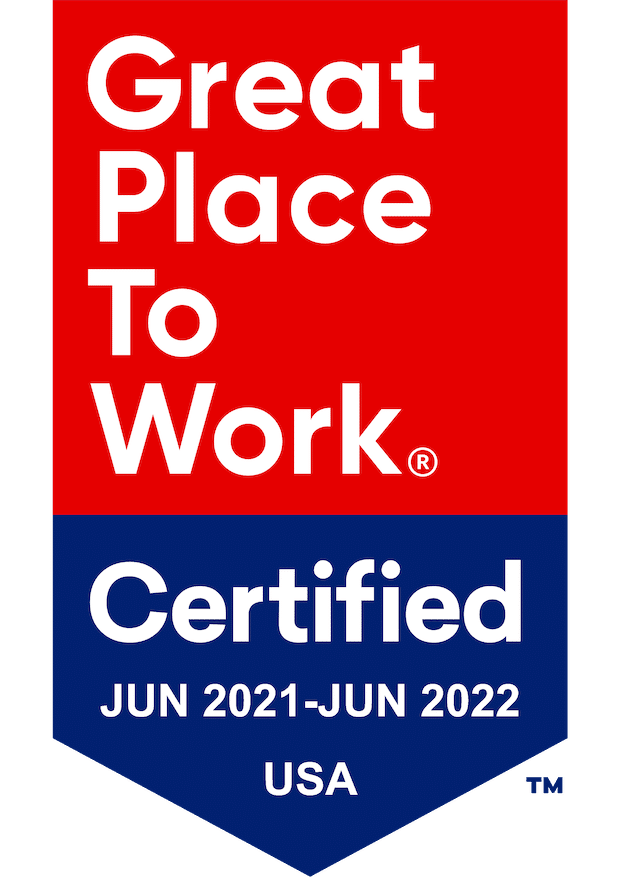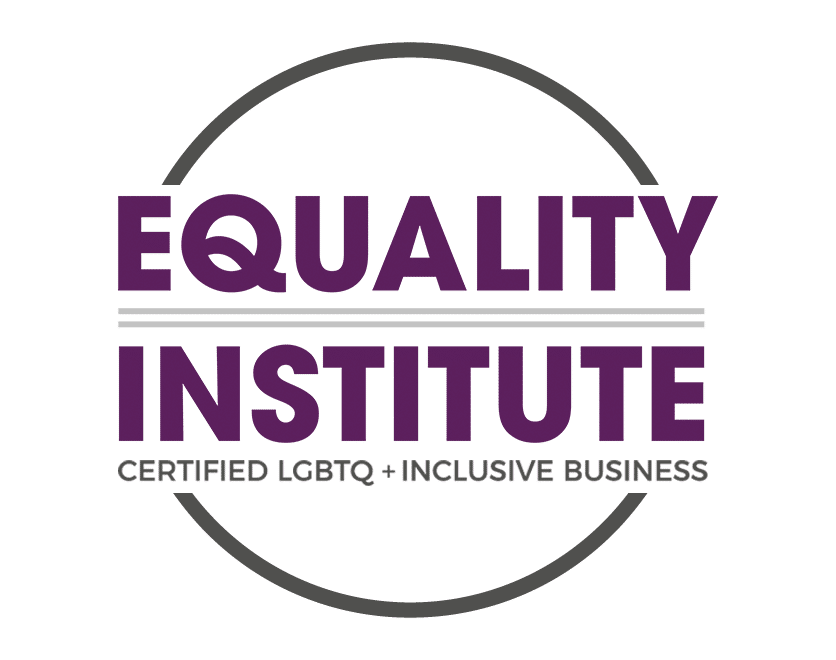By Cheryl Morrison Deutsch, President & CEO, Zillion —
It’s hard to believe the world has been grappling with the COVID-19 pandemic for a full year. Everyone’s lives have been impacted by this outbreak, raising our stress levels by turning normal, everyday tasks into unwarranted challenges.
Everything we do, from going to the grocery store, to sending the kids to school, to spending time with friends and family, was turned upside down. At the same time, big-picture worries have loomed over us – economic uncertainty, the health of vulnerable loved ones, and the overall anticipation of a return to normalcy. Dealing with this anxiety, especially for a prolonged period of time, not only takes a toll on us mentally and emotionally, but physically too.
It’s an all-too-common scenario: the 40-year-old father who started telecommuting, while simultaneously needing to support his children with virtual school. Suddenly, he’s forced to balance his work and home life in a different, more demanding way. To cope with his increased stress levels, he starts to drink more alcohol than usual and develops poor eating habits, which are now impacting several areas of his whole-body health.
Each of us cope with stress in different ways, but the past year at home has led many to rely on unhealthy coping mechanisms. High levels of stress and anxiety can lead a laundry list of physical repercussions, including sleep trouble, unhealthy cravings, loss of motivation to exercise, chest pains, and even a weakened immune system. Businesses can feel these effects just as much as employees themselves, as stressed-out employees prove to be less productive and could cost the business if their poor habits lead to chronic health conditions.
Where EAPs Fell Short…
To help employees build mental resilience and positive coping mechanisms, companies depend on external support. Many have turned to traditional Employee Assistance Programs (EAPs), which provide a wide range of services during a crisis – supporting employees with challenging situations ranging from family problems and substance abuse to workplace performance issues. But during the pandemic, EAPs fell short.
For one, these programs can be incredibly complicated and difficult to navigate, inadvertently adding yet another level of stress and uncertainty. What’s more, these programs are often targeted to niche scenarios and aren’t equipped to guide members through general stress and anxiety driven by a confluence of different factors.
EAPs were already one of the most underutilized benefits programs prior to COVID-19. This didn’t change over the last year, and not because employees weren’t interested in tapping their support, but because EAPs simply can’t provide the level of support people need. In fact, little evidence exists to demonstrate EAPs’ effectiveness in meeting business’ employee productivity and health goals overall.
…Digital Programs Close the Gap
Even as we are closer to turning the corner on the pandemic, it’s become clear that employees are still struggling to get the support they need to be happy and healthy – and ultimately a good investment to employers. Employers need to think critically about alternative support programs that overcome the challenges of EAPs. Ultimately, employees need a program that’s easy to use, targets their individual whole-body health and wellness needs, and keeps them consistently engaged. When searching for these programs, there are a few key features to look for:
Digital & mobile-based
Employers and benefits brokers need to be thinking about how digital wellbeing support can fill the gaps created by existing benefits programs. One positive outcome from the past year: healthcare providers sprinted to fine-tune telehealth programs. In fact, nearly 80% of varying specialists increased their use of telemedicine technology in response to COVID-19. More good news is that digital support programs serving mental health exclusively are also on the rise, with 10,000 mental health apps now available today.
But just being digital is not enough. Programs need to meet members on the mobile and fitness devices they already have. Not everyone wants or can afford to buy the latest and greatest health tech device. The more accessible programs are – with the ability to connect to the tech already engrained in our daily lives – the more easily employees will be able to reap their benefits.
Personalization
Aside from meeting employee members where they are in terms of their technology devices, programs also need to mind individuals’ unique experiences and needs. Not everyone’s stress connects to a single, isolated catalyst. Unlike the one-track programs EAPs typically offer, employees need a support system that can mold to their shifting stressors.
Leveraging the technology already at many employees’ fingertips can open the door to greater personalization. Look for programs with the smarts to track individuals’ progress against their goals every single day. Whether employees are manually tracking and sharing their habits, or automatically producing data through a wearable tracker, programs with the ability to turn insights into actionable goals can go a long way toward creating concrete improvements in employee health and wellness.
Human connection
As much as artificial intelligence has been sighted as the next best thing for digital health and wellness, recognized for its ability to personalize with greater precision, nothing beats real-life human interaction and support. Wellness programs that depend on AI-generated push notifications are handy to extent, but eventually, engagement plateaus, and those notifications are simply ignored or swiped away.
A program that features one-to-one coaching or peer communities can go a long way toward inspiring employees to stay on track with their goals, so that those plateaus don’t happen. Pairing employees with expert coaches who can to tailor support to their unique goals and circumstances boosts motivation to keep up with healthy habits for the long haul.
If the past year has proved anything, it’s that people can persevere even in the face of extremely difficult obstacles – but access to the right support is key. Employers and benefits brokers have an important role to play here. Integrating digital wellness programs into your benefits offerings ensures that employees have the exact support they need, when they need it, to improve their mental and physical resilience.





